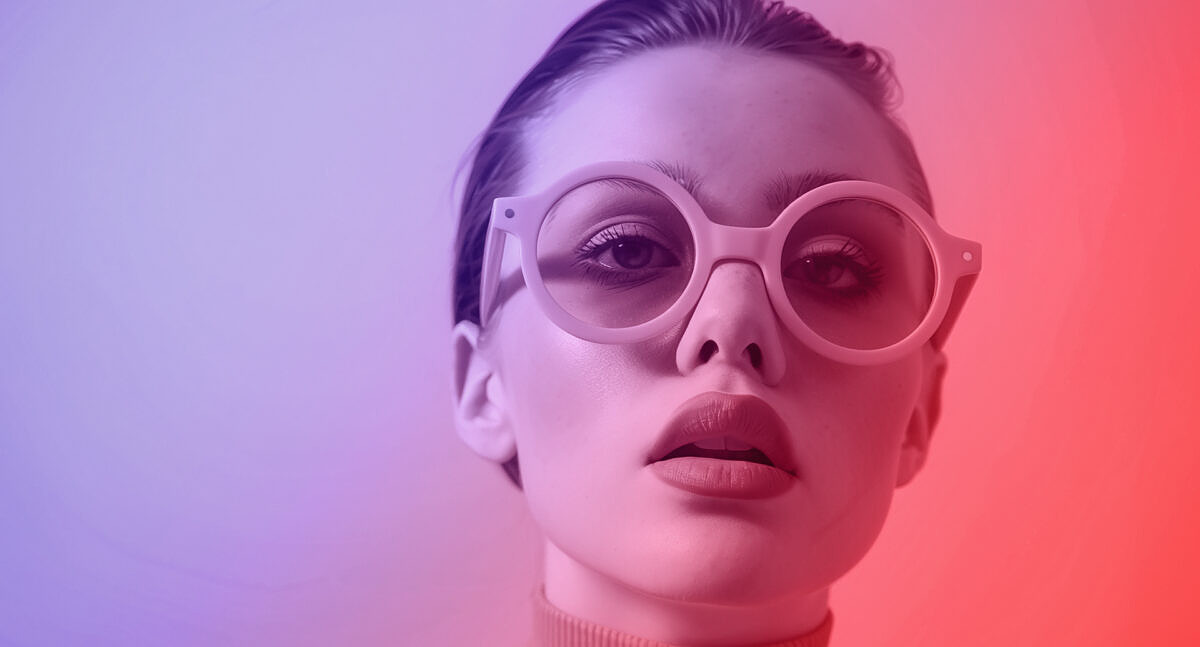Revolution or fleeting hype? Virtual influencers in marketing
They have millions of followers on social media, share everyday moments, and promote products – and yet, they’re not real! Virtual influencers are trending in marketing. But are they here to stay? Our whitepaper finds out.

Virtual influencers are attracting millions of followers on Instagram and other platforms
Although they don’t exist in real life, AI-generated influencers interact like humans by regularly posting content, reacting and replying to comments, and collaborating with brands. However, a range of players are often involved in managing these virtual characters and providing the funds for them – from specialized agencies to companies from other industries. Although the accounts of virtual influencers are usually labeled as AI generated, their impressively realistic appearance makes it easy to forget that their entire existence and actions are orchestrated by real people and organizations.
Lil Miquela, also known as Miquela Sousa – created by Brud in 2015 – is one of the most famous virtual influencers. She regularly shares posts about fashion, music, and lifestyle with her 2.5 million followers (number as of August 2024). She has promoted several well-known brands, including BMW, Alexander McQueen, and Haribo.

Advantages compared to typical influencer marketing
#1 Everything under control at all times
While human influencers sometimes let their personal experiences creep in, brands have complete control over virtual influencers at all times – from how they look and behave to the brand image and messages they convey. Because virtual influencers don’t have their own opinion and don’t behave unpredictably, brands can ensure that their communication stays consistent and reflects the image they want to get across.
#2 Flexible and always available
Virtual influencers don’t take a break or go on vacation, so brands can run campaigns without having to worry about working around someone’s schedule. This type of influencer also allows them to be active across different time zones and geographical regions, without being restricted by the need for someone to be physically present.
#3 Adaptable appearance and behavior
The appearance and behavior of virtual influencers can be flexibly adapted to reflect the target group’s needs and preferences. They can also be given different roles and styles to appeal to a range of different target groups.
#4 Greater cost efficiency and calculability
In contrast to their human counterparts, AI-generated influencers are often more cost efficient because they don’t generate any travel, event, or other logistical expenses. The main investment is in creating and maintaining the digital character and producing content.
#5 Unique innovative potential
Virtual influencers are a new form of influencer marketing and can be extremely attention-grabbing. Their unique, often futuristic character captures users’ curiosity and interest when they scroll through their social media feed – which boosts visibility. By implementing innovative campaigns and leveraging new options for interaction, marketers have more freedom to play around with new strategies.
#6 Personalization of communication between influencer and target group(s)
Through the use of AI and machine learning, virtual influencers can create personalized experiences by posting messages and content that are precisely tailored to the target group’s interests and needs. That significantly increases the effectiveness of marketing measures.
Virtual influencers: Gimmick or must-have in future marketing?
In our free whitepaper “Virtual influencers: A new era in influencer marketing?”, we explore what this kind of influencer means for marketers. In addition, Max Klemmer (Managing Partner of Miss Germany Studios GmbH & Co. KG), Björn Schneider (Managing Director/CEO of construktiv GmbH), and Bianca Mack (Senior Vice President Immersive Experience at WongDoody) share their predictions for the future of (virtual) influencer marketing.





